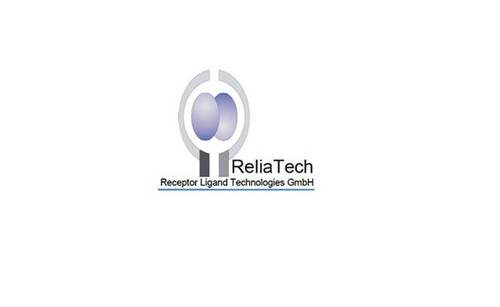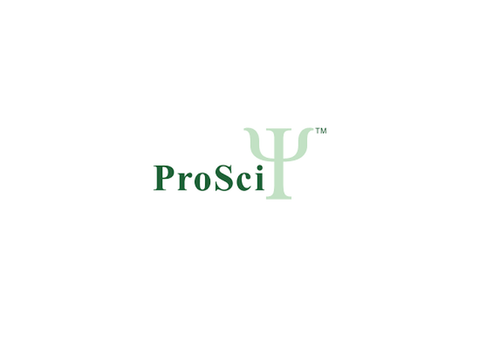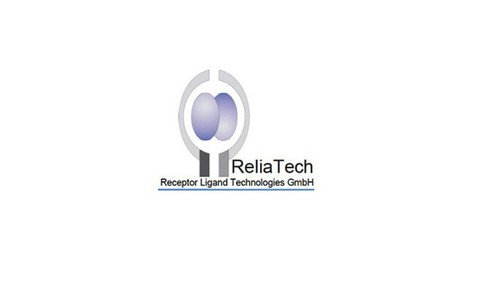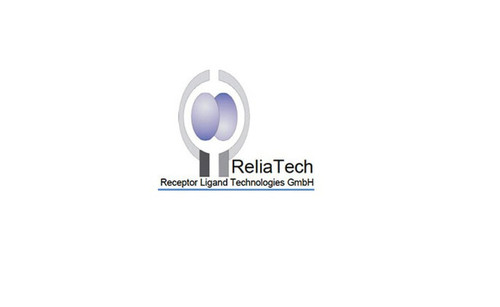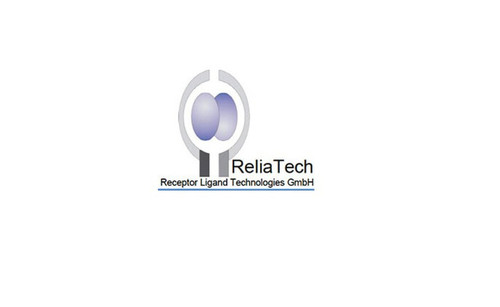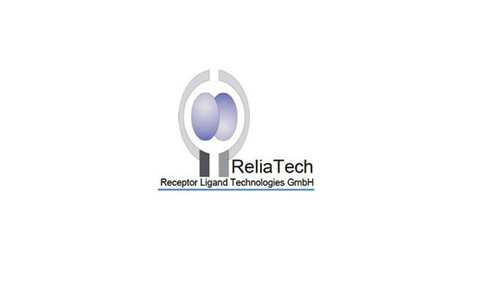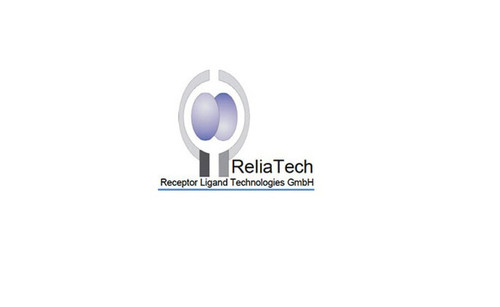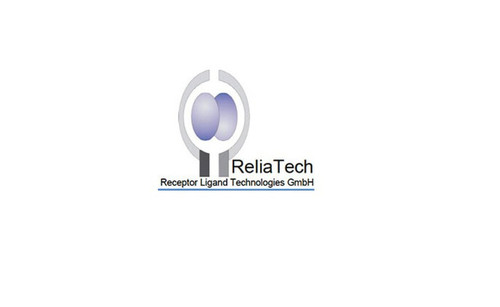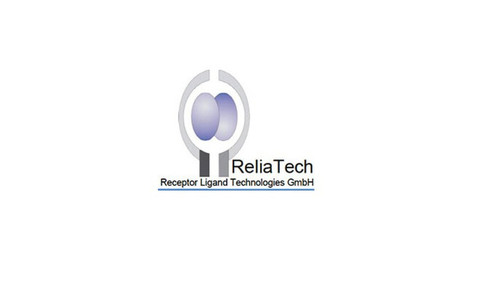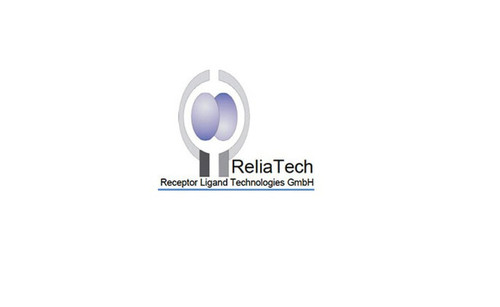Product Description
Rat Anti-Mouse Artemin Antibody | 103-M216 | ReliaTech
Species: Anti-Mouse
Host / biotech: Rat
Comment: N/A
Label: N/A
Clone / Antibody feature: (#6D32)
Subcategory: Monoclonal Antibody
Category: Antibody
Synonyms: Artn; neublastin
Isotype: IgG2
Application: WB, IHC
Detection Range: N/A
Species Reactivity/Cross reactivity: Mouse
Antigen: recombinant mouse Artemin
Description: Artemin is a member of the Glia Cel-lDerived Neurotrophic factor (GDNF) family ligands, which include GDNF, Persephin, Artemin, and Neurturin. GDNF family ligands are distant members of the Transforming Growth Factor β (TGFβ) superfamily. Similar to other TGFβ family proteins, Artemin is synthesized as a large precursor protein that is cleaved at the dibasic cleavage site (RXXR) to release the carboxyterminal domain. The carboxy terminal domain of Artemin contains the characteristic seven conserved cysteine residues necessary for the formation of the cysteine-knot and the single interchain disulfide bond. Biologically active Artemin is a disulfide-linked homodimer of the carboxyterminal 113 amino acid residues. Mature mouse Artemin shares 88.5% amino acid sequence similarity with human Artemin. Mature Artemin also shares approximately 40% amino acid sequence identity with the other three members of the GDNF family ligands. Bioactivities of all GDNF family ligands are mediated through a receptor complex composed of a high affinity ligand binding component (GFRα1GFRα4) and a common signaling component, cRET (receptor tyrosine kinase). Artemin prefers to bind to GFRα3 and activites the GFRα3RET. However, in the presence of RET, it can bind to GFRα1 as well. Artemin has been shown to promote the survival and growth of various peripheral and central neurons, including sympathetic and dopaminergic neurons. It may also play an important role in the development of sympathetic neurons and several organs.
Purity Confirmation: N/A
Endotoxin: N/A
Formulation: lyophilized
Storage Handling Stability: Lyophilized samples are stable for 2 years from date of receipt when stored at -20°C. Reconstituted antibody can be aliquoted and stored frozen at < -20°C for at least six months without detectable loss of activity.
Reconstituation: Centrifuge vial prior to opening. Reconstitute the antibody with 500 µl sterile PBS and the final concentration is 200 µg/ml.
Molecular Weight: N/A
Lenght (aa): N/A
Protein Sequence: N/A
NCBI Gene ID: 11876
 Euro
Euro
 USD
USD
 British Pound
British Pound
 NULL
NULL



